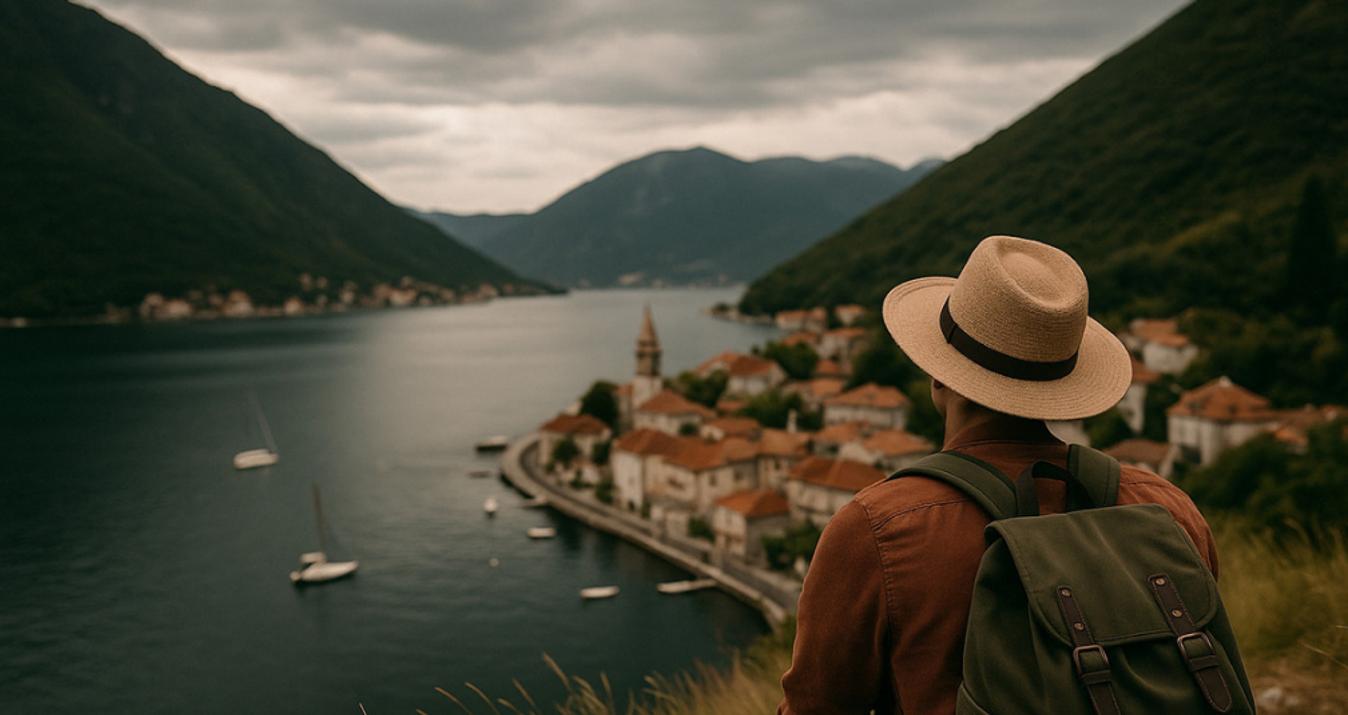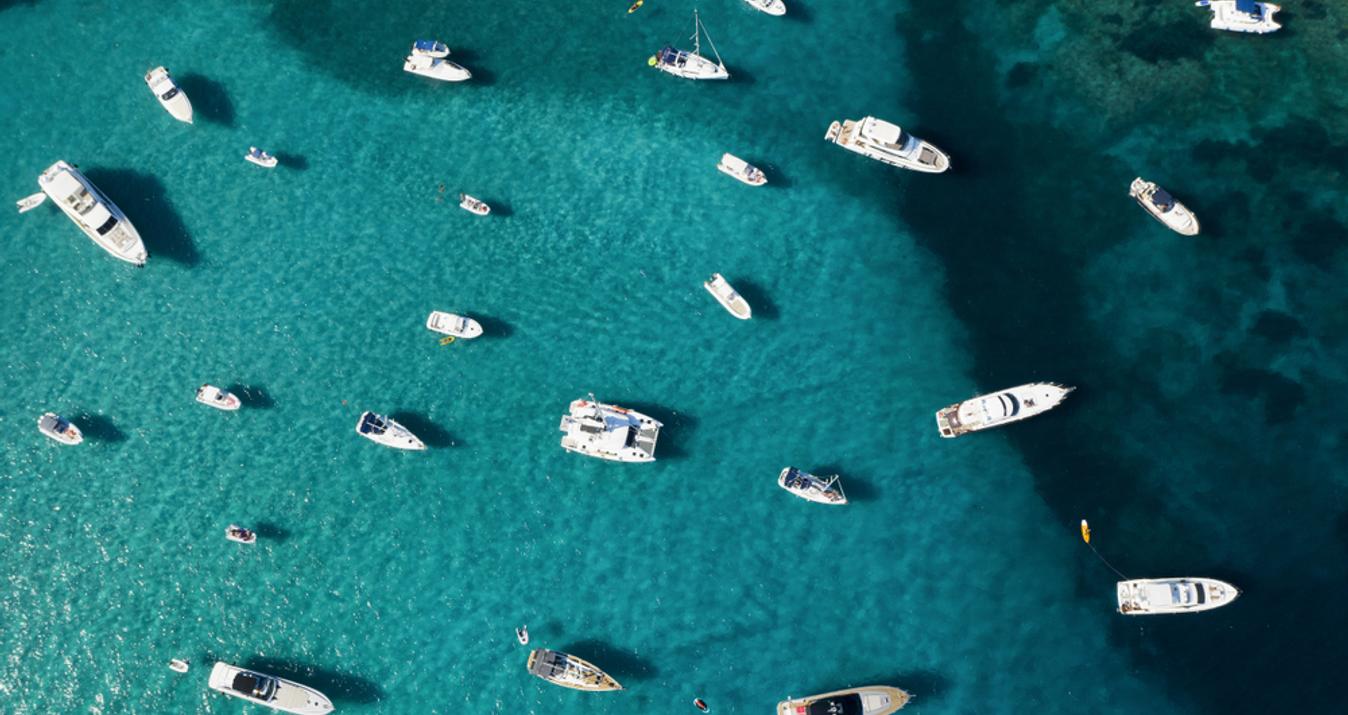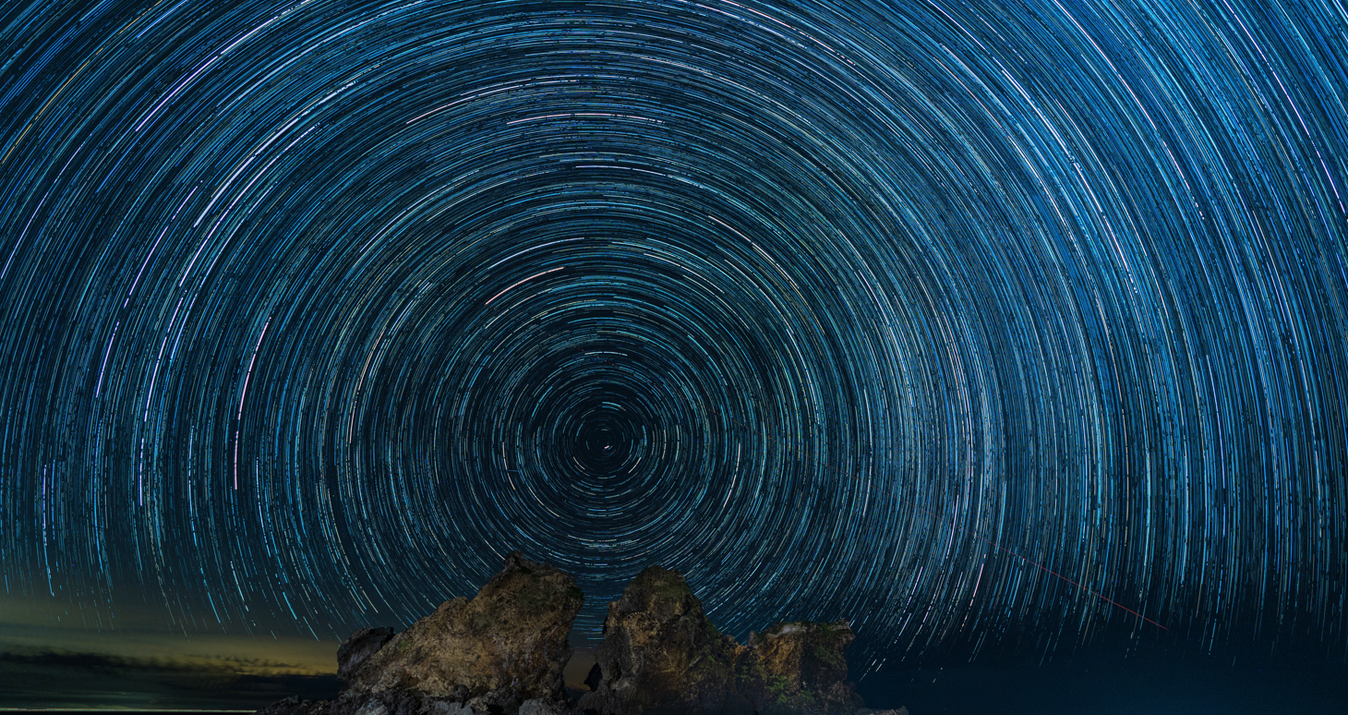Twilight Hour Photography: From Sunset To Starlight
May 20, 2024

Learn how to choose the best time to shoot and adjust accordingly so your shots look impressive and sharp. Today, in our blog, we discuss the secrets of a successful twilight photoshoot. This magic will not leave you indifferent!
You must have noticed that photos are beautiful and unique at different times of the day. Our eyes are especially attracted to key moments such as dawn, sunset, and dusk. Each of them gives us a beautiful moment but disappears very quickly. By understanding the nuances of each pore, you will learn to take stunning photos — be it a landscape or a portrait in the pleasant glow of the rising or passing sun.
In this article, you will learn the "twilight hour" and how to prepare for it. You will also learn about the blue hour, the different twilight types, and some ideas for shooting during this time. We will reveal the secrets of editing such photos with Luminar Neo to make your pictures high-quality and professional. Enjoy the magic of this time and unleash your creative potential to the fullest!
What are Twilight Hours
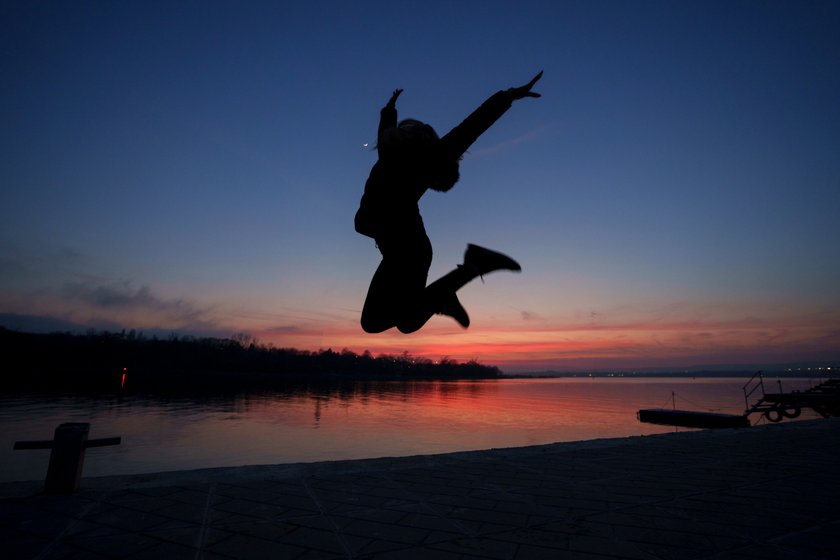
Twilight is an incredibly beautiful time of day for filming. But despite its magic, it is difficult to catch all these shades due to the lack of light. In clear weather, about two hours before sunrise and until full sunset, we can enjoy the charm of this time.
When the sun is close to the horizon, everything is bathed in warm and soft light. The landscapes in it look incredible. And then, when it hides behind the horizon, the soft blue light creates an unearthly glow. This time is called "blue hour". It marks the beginning of night photography. The ideal time for landscape photography is when the sun sets, and the sky begins to darken. It provides unique lighting conditions for stunning images. There are three types of twilight: civil, nautical, and astronomical. We will discuss their features in more detail for you as a photographer.
Civil Twilight
It is the first part of the blue hour. During this period, the sun is between 0° and 6° below the horizon, and there is still enough light in the sky to see some details of the landscape. In clear weather, the moon and some bright stars can be seen. At this time, you can also observe the bright colors of the sky after sunset, such as shades of pink and orange. This time can still be called the "Twilight of the photographer." After all, many exciting natural photos are taken at this time of the day. You can refer to all these pictures with the hashtag "sunset." The end of civil twilight is the best time to shoot cityscapes. The fading light of the sky is perfectly combined with the illumination of the city.
Nautical Twilight
It is a time when the sun is below the horizon and, in clear weather, leaves a bright orange streak directly above it. This time pleases us for about 30-40 minutes. Therefore, you need to hurry. In addition to the silhouettes of the horizon, you can create your own, which will be advantageously illuminated by the gradient of the colors of the sky. At this time, pictures of direct landscapes will be successful. The dim blue light at this hour creates haunting and tranquil scenes. In such dim light, you may need to slow down the shutter speed on your camera to get a clear image. It, in turn, makes it possible to draw with light on photographs. In addition to the patterns, there will be a fairly light background, which will add a unique atmosphere to such photos.
Astronomical twilight
When the sun is below the horizon, the sky is mostly dark blue, and some details of the landscape and most of the bright stars are visible. Astronomical twilight begins approximately 1.5-3 hours after sunset. It is a great time to shoot star points. Since the lighting is low, you will need a long exposure. For starters, 30 seconds, f/2.8 or f/4, ISO 3200 or 6400 is enough. Pay attention to the white balance so that your foreground complements the sky. Astronomical twilight ends when the sky becomes as dark as possible.
Advanced yet easy-to-use photo editor
Get Luminar Neo NowTwilight Photoshoot Ideas
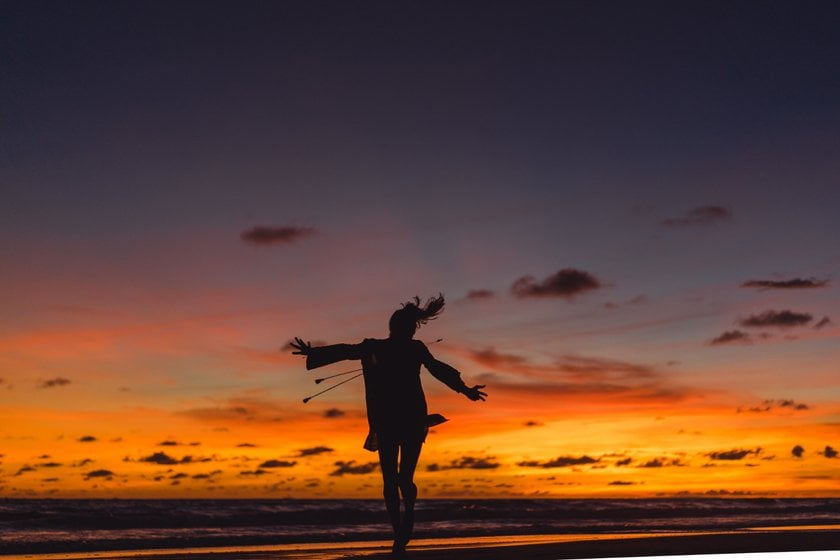
So, as you can see by now, twilight is a magical time for photography. The unique combination of natural light and amazing transformations of the sky gives the photos an unusual and mysterious atmosphere. This light is advantageous for shooting cityscapes, landscapes, portraits, or astrophotography. You can develop your creativity in any direction. Experiment with different techniques and subjects in the twilight hours to highlight the magic of this fleeting time of day in your photos. Here are some creative ideas to inspire you:
1. City Horizons
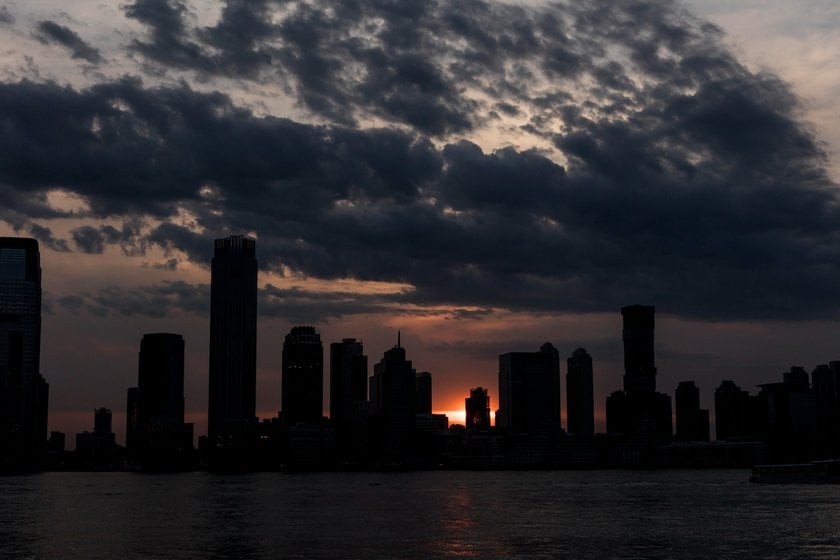
The transition from day to night in cityscapes looks stunning. A long exposure will allow you to capture the hustle and bustle of city life against the background of a fading sky. Streaks of light from vehicles add dynamism to your photos and emphasize the brightness of the horizon.
2. Silhouettes
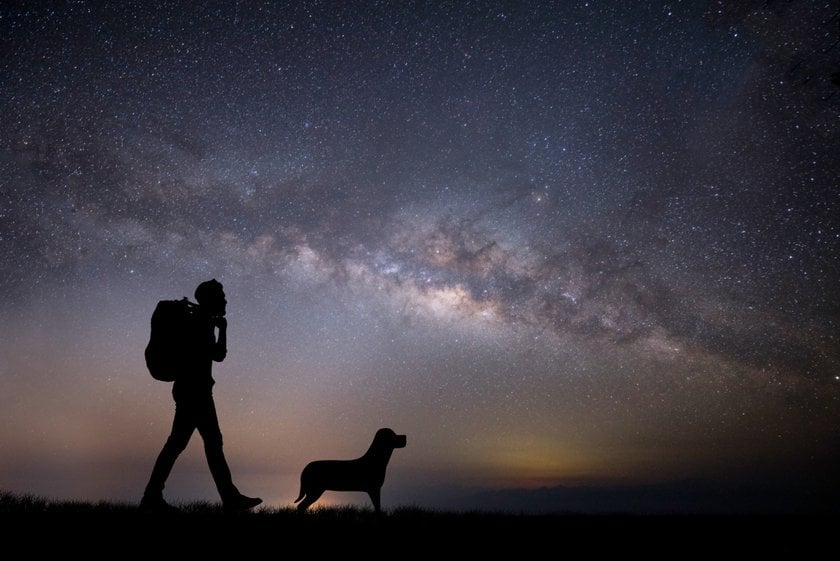
You can create striking silhouette images using dusk's soft, diffused light. To do this, place the subjects against the background of colorful shades of the sky to emphasize the shapes.
3. Reflection
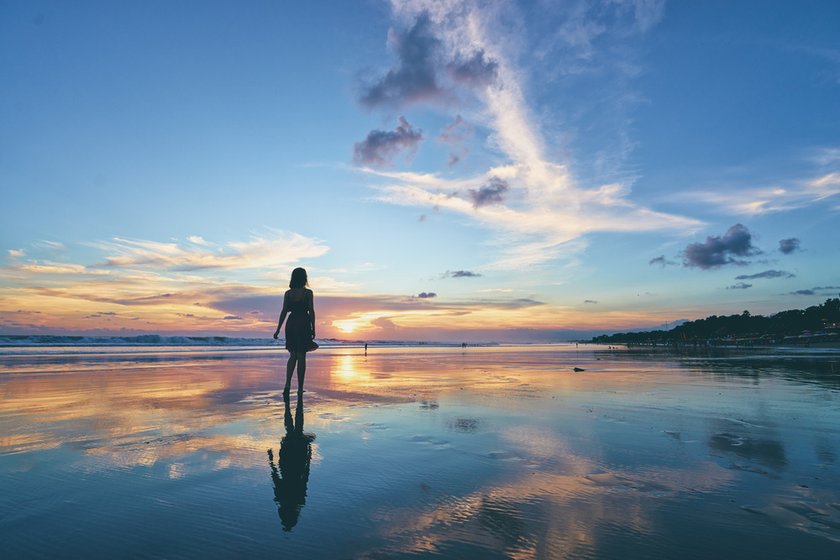
Bodies of water, such as lakes, rivers, or ponds, perfectly convey the reflection of the twilight sky and the surrounding landscape. Mirror reflections can add depth and symmetry to your compositions.
4. Portraits
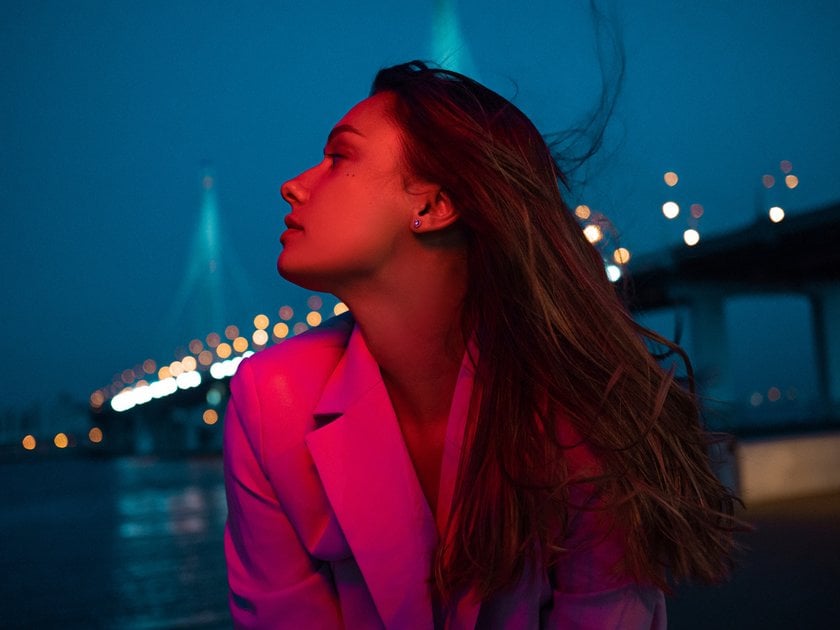
The pleasant twilight light is great for portrait photography. Natural lighting or additional light, such as artificial lighting, will help create beautifully lit portraits with a touch of magic.
5. Nature and Landscapes
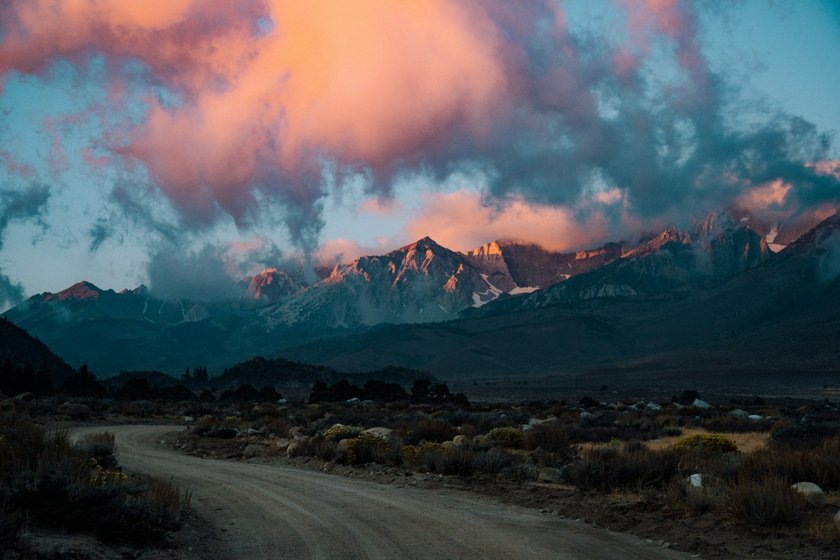
Landscapes bathed in the warm golden light of the setting sun always capture our hearts. From hills and forests to beaches and mountains, twilight highlights the romance and beauty of the natural world.
6. Study of the City
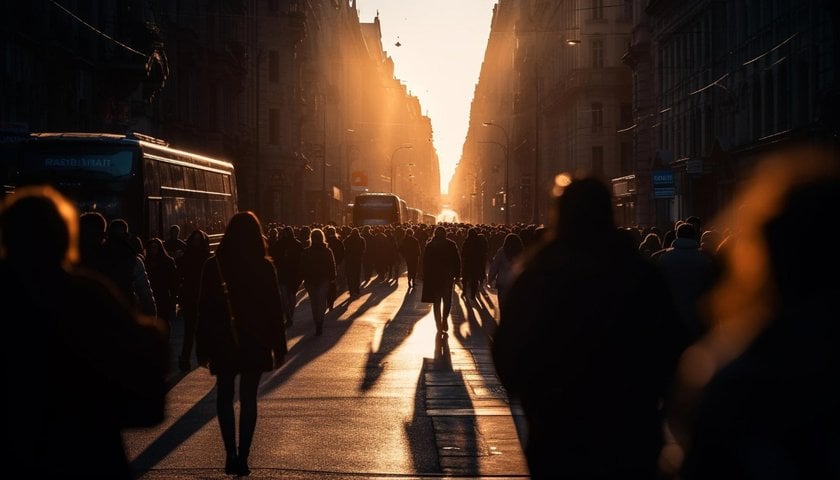
Capture the vibrant energy of the city against the setting sun. Explore bustling streets, illuminated landmarks, and lively nightlife, capturing the unique atmosphere of twilight in the town.
7. Architecture
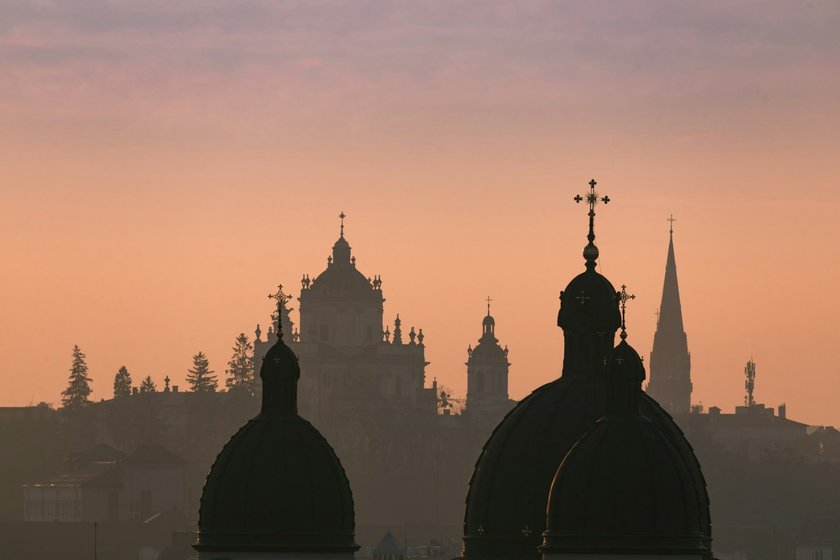
Bdynkas look uniquely beautiful during the golden hour and blue hour. Read more at Real Estate Twilight Photography to learn all the secrets to creating perfect pictures of buildings in twilight.
8. Astrophotography
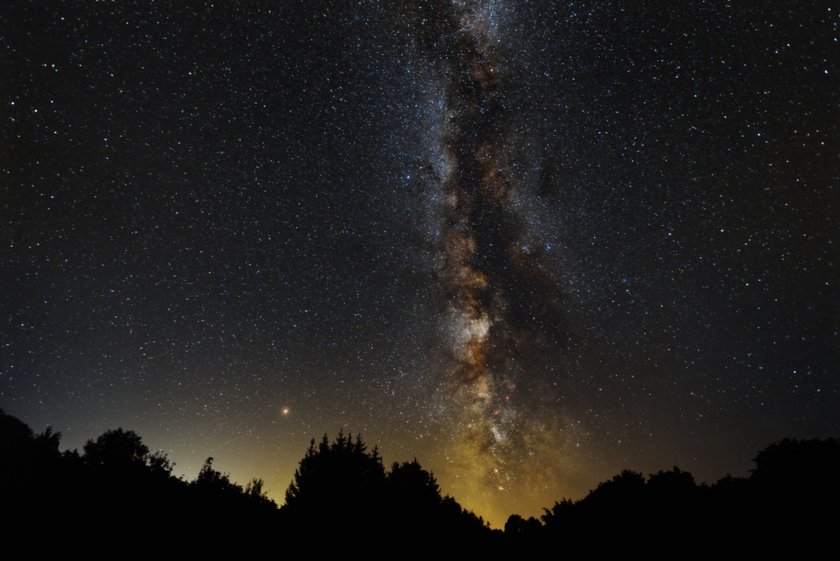
Capture the beauty of celestial objects against the twilight sky. Photograph stars, planets, and the Milky Way as they appear against the fading light of dusk. Such ethereal images will surely evoke a sense of wonder and awe in your audience.
Edit Twilight Photos Like a Pro with Luminar Neo
Want to master the art of twilight photography? Luminar Neo will help elevate your images to a professional level. Use advanced editing tools to enhance the appeal and atmosphere of twilight scenes. Emphasize bright hues and fine-tune contrast and sharpness with quality AI features.
Twilight Photo Editing has never been so easy and exciting. After all, you can create incredible twilight photos without waiting for the magic hour.
Regardless of the shooting conditions, you can achieve perfection. Adjust shadows, highlights, and colors. Simulate sky gradients or enhance existing light by adding a hint of purple, blue, gold, green, or peach to the edges. Use presets that help you transform the mood, enrich the light and colors, introduce dimension, and add a dramatic flair to your photography. Choose between Blush, Golden, Blue, Emerald, and Mauve to create your desired atmosphere. Experiment with sliders that allow you to fill the sky, fix the gaps, or smooth out the transition of the mask for a more natural look.
Elevate Your Photography with Our Advanced Software
DISCOVER PRICINGUse the Dark Photo Filter to make the photo more dramatic and mysterious. Darkening parts of the image gives you more editing freedom, and you can also highlight an object or focus point. Reducing overall exposure can help highlight specific details or elements within the frame. Moreover, darkening can correct exposure issues, such as an overexposed image, and bring it back to a more balanced exposure.
Luminar Neo also offers Twilight Mood presets, which give quick and attractive instant transformations and are fully compatible with Lightroom and Photoshop.
Bottom Line
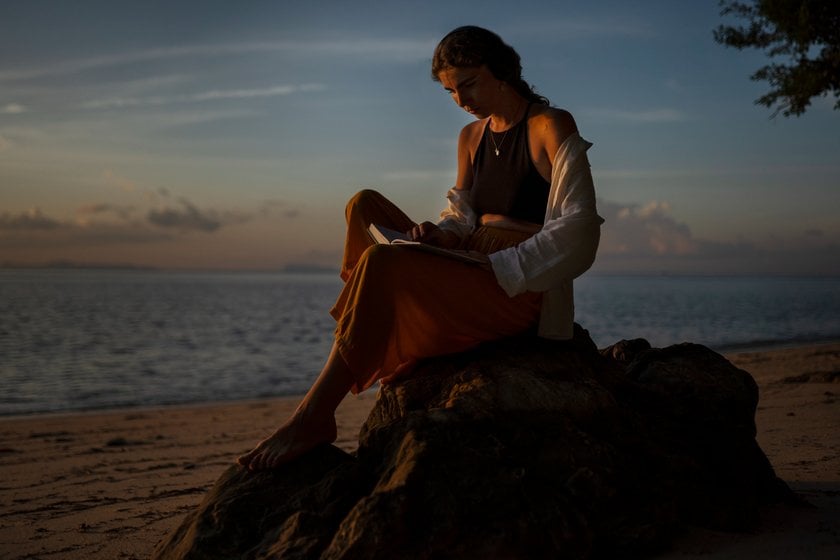
Knowing the exact time of different twilights is necessary for planning a twilight photoshoot and creating successful images. Golden hour is said to be the best time of day to capture landscapes, but what about the beauty that can be captured during the blue hour and sunset? It cannot be easy to get the rhythm of this moment the first time, but practice and experimentation will help you confidently reach success. Study how light changes and passes through the atmosphere at different times of the day. This knowledge will help you use other types of light more effectively in your photos.
Improve your photo editing skills because, at this stage, you can correct most of the flaws in the quality and composition of the image and show your creativity. Powerful photo editors like Luminar Neo, which have a wide range of AI tools, will help transform your pictures professionally. Grab your camera and immerse yourself in the twilight magic!


